Execution time and CPU time are not the same. Execution time is the total time a program takes to run, including waiting and input/output operations. CPU time only measures the time the CPU actively processes the program’s tasks.
When I first analyzed my program’s performance, I confused execution time with CPU time. I learned that while execution time includes everything, CPU time focuses only on the processor’s work, helping me pinpoint where delays were happening.
In this article we discuss about “Is Execution Time The Same As CPU Time”.
Table of Contents
Introduction
Have you ever wondered whether “execution time” and “CPU time” are the same thing? At first glance, these terms might seem interchangeable, but they refer to distinct aspects of program performance. Understanding the difference can help optimize software and hardware efficiency, especially in computing and programming.
Let’s explore what execution time and CPU time are, how they differ, and why distinguishing between them matters.
What Is Execution Time?
Execution time, often referred to as “wall-clock time,” is the total time it takes for a program or process to run from start to finish. It includes everything that happens while the program is running.
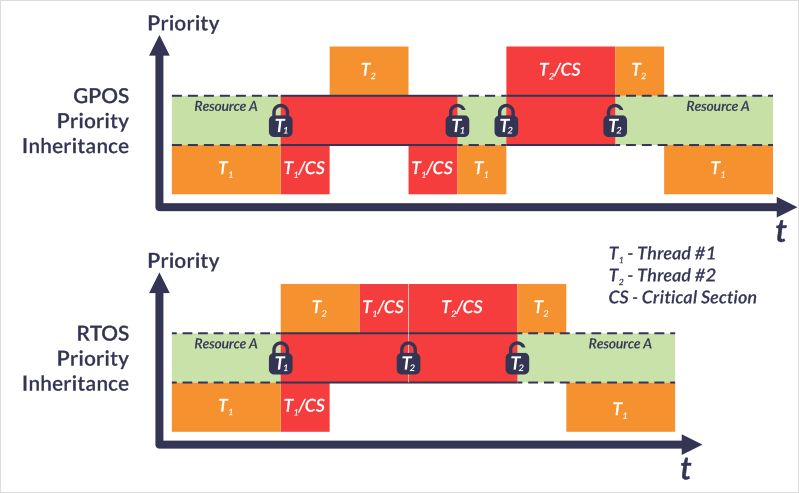
Factors Influencing Execution Time
- CPU Operations: The time spent executing instructions on the processor.
- I/O Operations: Reading and writing data to storage or network resources.
- Waiting Time: Delays caused by system resources being unavailable or multitasking.
For instance, imagine starting a timer as you run a marathon. The timer measures every second until you cross the finish line, including time spent running, drinking water, or waiting at checkpoints.
What Is CPU Time?
CPU time, on the other hand, measures the actual time the CPU spends actively processing instructions for a program. It excludes idle periods or time waiting for I/O operations.
How CPU Time Is Measured
CPU time can be broken into two parts:
- User CPU Time: Time spent executing code in user space (e.g., application code).
- System CPU Time: Time spent executing kernel-level operations, such as system calls.
This is akin to timing only the moments when you’re actively running during the marathon, ignoring breaks or stops.
Read Most Important: How to Improve CPU Performance – A Comprehensive Guide 2024!
The Key Differences Between Execution Time and CPU Time
While execution time measures the overall duration of a program’s runtime, CPU time focuses solely on processing time.
Real-World Analogy
Think of execution time as the total time a train journey takes, including stops and delays. CPU time, however, represents the time the train is actually moving.
Components of Execution Time
Execution time comprises several components, each contributing to the total runtime:
- CPU Time: The processing time on the CPU.
- I/O Time: Time spent reading from or writing to disks, networks, or other peripherals.
- Waiting Time: Delays caused by resource contention or system scheduling.
Components of CPU Time
CPU time is more narrowly focused and includes:
- User CPU Time: Processing time for user-level instructions.
- System CPU Time: Time spent on kernel-level tasks or managing resources.
These components reflect the CPU’s workload during the program’s execution.
Factors Affecting Execution Time
Execution time can vary significantly based on:
- Program Complexity: A complex algorithm takes longer to execute.
- Hardware Performance: Faster processors and SSDs can reduce execution time.
- System Load: Running multiple programs simultaneously can increase wait times.
Factors Affecting CPU Time
CPU time depends on the efficiency and demand of the program, influenced by:
- Algorithm Efficiency: Optimized code reduces CPU cycles.
- CPU Speed: Higher clock speeds execute instructions faster.
- Thread Management: Efficient thread usage minimizes overhead.
How Execution Time and CPU Time Are Measured
Execution Time Measurement Tools
- Stopwatch Method: Manual timing using simple tools.
- Performance Monitors: Tools like Linux’s time command or Windows Task Manager.
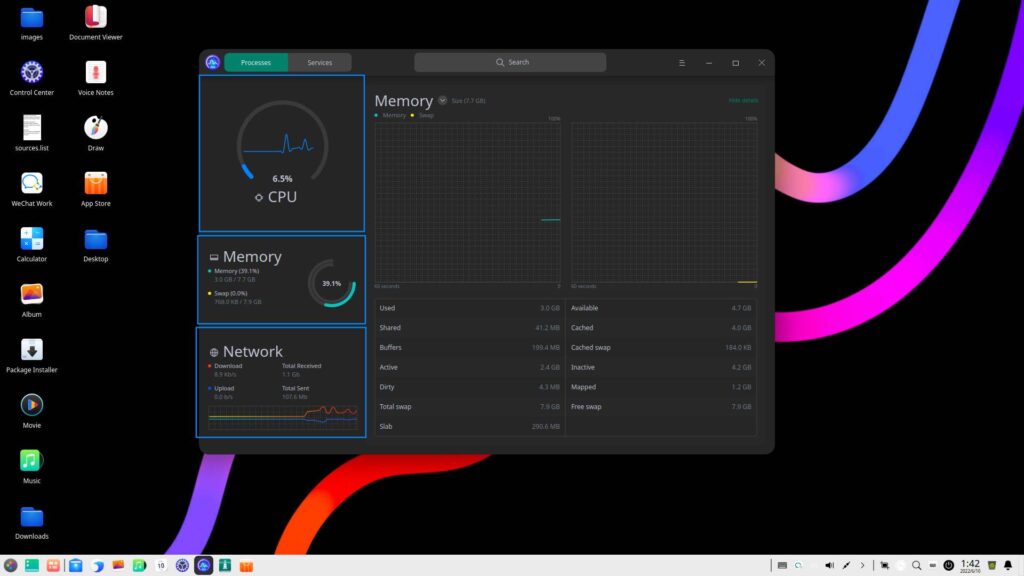
CPU Time Measurement Tools
- Profilers: Software like gprof or Visual Studio Profiler tracks CPU-specific metrics.
Why Distinguishing Execution Time from CPU Time Matters
Differentiating between execution and CPU time is essential for:
- Performance Optimization: Identifying bottlenecks for faster execution.
- Resource Allocation: Balancing workloads to improve multitasking.
For instance, if your program has long execution time but low CPU usage, the delay might be in I/O operations, not computation.
Common Misconceptions
Mistaking One for the Other
It’s common to assume that long execution time implies heavy CPU usage. However, a program might spend most of its time waiting for resources rather than computing.
Misinterpreting Benchmarks
Benchmarks comparing execution times don’t always reflect CPU efficiency, as they include external factors like I/O.
Read Most Important: Can I Use 1150 CPU On 1151 Motherboard – Complete Ultimate Guide 2024!
Use Cases in Software Development
Understanding these metrics is invaluable for developers:
- Debugging: Identifying whether delays are CPU-bound or I/O-bound.
- Profiling: Measuring and optimizing code efficiency.
- Scaling: Allocating resources based on program requirements.
CPU time formula
CPU Time = (Number of CPU Cycles) × (Cycle Time)
Or, alternatively:
CPU Time = (Number of CPU Cycles) / (Clock Rate)
Execution time formula
Execution Time = CPU Time + Waiting Time + I/O Time
What is CPU time?
CPU time refers to the total time the CPU spends processing instructions for a specific program. It includes both user CPU time and system CPU time but excludes waiting for I/O operations or idle time.
CPU run time reset
To reset CPU runtime, you typically restart the process or use system monitoring tools. For example, in Windows Task Manager or Linux’s top command, you can terminate and restart the application to reset runtime stats.
Are CPU time and execution time the same?
No, CPU time measures the time the CPU actively processes instructions, while execution time includes the total runtime, including waiting and I/O operations.
What is the execution time of a CPU?
Execution time refers to the total time taken for a program or task to run, including CPU time, I/O time, and waiting time.
What is CPU time also known as?
CPU time is also known as “processor time” or “CPU processing time.”
What is the difference between CPU time and SYS time?
CPU time is the total time spent by the processor on a task, while SYS time refers specifically to time spent on kernel-level (system) operations.
How to calculate CPU execution time?
CPU Execution Time = (CPU Cycles × Clock Cycle Time)
Or: CPU Execution Time = (CPU Cycles) / (Clock Rate)
Are elapsed time and CPU time the same?
No, elapsed time (or wall-clock time) measures the total time taken to complete a task, while CPU time measures only the time the processor spends actively working on the task.
What is the execution time of a CPU schedule?
The execution time of a CPU schedule is the total time required to execute all tasks, including CPU processing, waiting, and I/O time. It depends on the scheduling algorithm used, such as FIFO or Round Robin. Efficient scheduling minimizes execution time.
What is the difference between CPU time and duration?
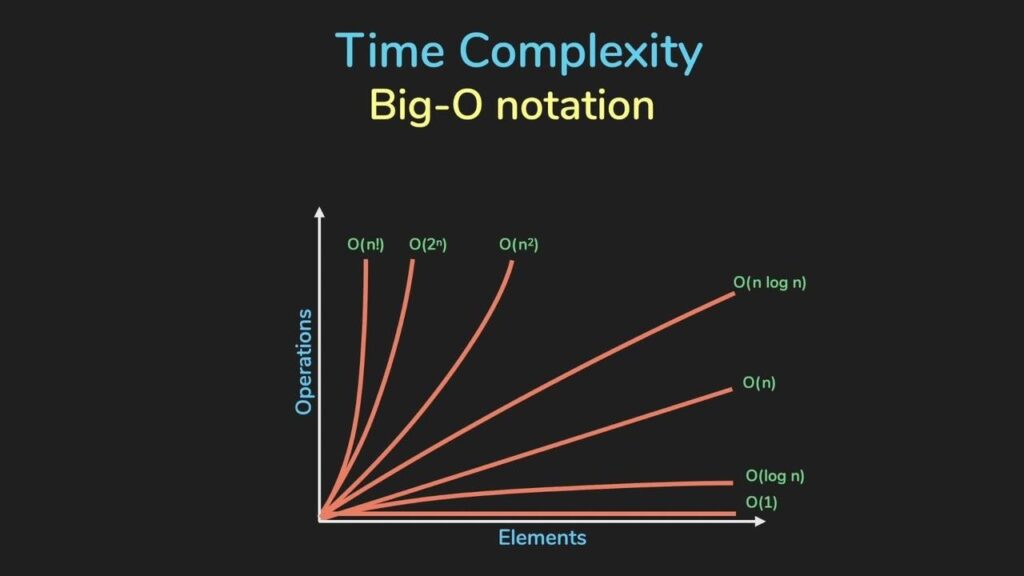
CPU time is the time the processor actively works on a task, while duration (or elapsed time) includes total runtime, such as waiting and I/O. Duration measures the overall time from start to finish, while CPU time only tracks processing.
What do you mean by execution time?
Execution time is the total time a program or task takes to run completely. It includes CPU time, waiting time, and input/output operations. This metric helps evaluate program performance.
How much CPU time is normal?
Normal CPU time depends on the complexity and efficiency of a program. For light tasks, CPU time should be low, while heavy computations may require higher CPU usage. Consistently high CPU usage could indicate inefficiency.
What is CPU execution?
CPU execution refers to the process of a CPU carrying out instructions from a program. It includes tasks like arithmetic operations, logical comparisons, and memory access. Execution is the core function of the CPU.
Read Most Important: Can I Use CPU Opt For A Case Fan – Stay Informed With The Ultimate Guide!
What is the difference between CPU time and run time?
CPU time measures the processor’s active work, while run time (or execution time) includes the total time, including idle periods and I/O. Run time captures the overall duration, while CPU time focuses on computation.
How to know CPU time?
You can find CPU time using performance tools like Task Manager in Windows, time command in Linux, or profiling software. These tools show the CPU time for specific processes or programs.
What is the difference between CPU time and clock time?
CPU time measures the processor’s active time on a task, while clock time (or wall-clock time) tracks the real-world elapsed time. Clock time includes CPU time and idle or waiting periods.
What is execution time in an operating system?
Execution time in an operating system is the total time a process takes to complete, including CPU processing, I/O operations, and waiting time. It’s the “wall-clock” time a program runs. This metric helps analyze system performance and process efficiency.
What is CPU execution unit?
The CPU execution unit is the part of the processor that performs calculations, logical operations, and instruction processing. It handles tasks like addition, multiplication, and data movement. It’s critical for the CPU’s ability to execute programs efficiently.
Why is my CPU uptime so high?
High CPU uptime means the system has been running continuously without restarting. This could indicate heavy server use, background processes, or the need for maintenance. Regular reboots or checking running programs can resolve high uptime.
Is execution time the same as run time?
Yes, execution time and run time generally mean the same thing—they both refer to the total time a program or process takes to execute from start to finish. It includes processing, I/O, and waiting periods.
What CPU time means?
CPU time is the amount of time the processor spends actively running instructions for a specific task. It excludes idle periods and waiting for I/O operations. It’s a key metric for analyzing CPU workload.
What is the formula for CPU execution time?
CPU Execution Time = (Number of CPU Cycles) × (Cycle Time)
Or: CPU Execution Time = (Number of CPU Cycles) / (Clock Rate)
How do you convert CPU time to CPU usage?
To calculate CPU usage:
CPU Usage (%) = (CPU Time / Elapsed Time) × 100
This shows the percentage of total time the CPU is active on a task.
What is the execution speed of a CPU?
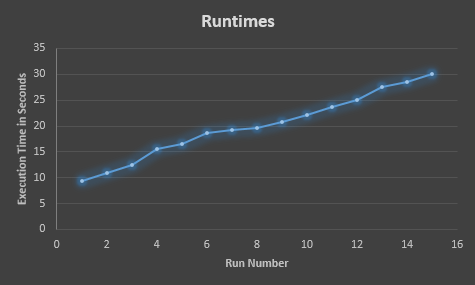
The execution speed of a CPU is determined by its clock rate, measured in GHz (gigahertz). A higher clock rate means the CPU can process more instructions per second, resulting in faster performance.
What is CPU timestamp?
A CPU timestamp is a precise record of the time at which a specific instruction or event occurs in the processor. It’s used for debugging, profiling, or synchronizing processes in computing.
Read Most Important: Why Does My CPU Keep Spiking – Detailed On Cases Solutions!
FAQs
1. What is the main difference between execution time and CPU time?
Execution time includes the total runtime of a program, while CPU time only accounts for the processor’s active processing time.
2. Can CPU time be longer than execution time?
No, CPU time is always less than or equal to execution time, as it excludes idle and waiting periods.
3. Why is my program’s execution time high but CPU usage low?
This typically indicates that the program is waiting for I/O operations or other system resources.
4. How can I reduce execution time?
Optimize I/O operations, use faster hardware, and streamline code to minimize delays.
5. What tools can I use to measure CPU and execution time?
Tools like Linux’s time command, Windows Task Manager, gprof, and Visual Studio Profiler are effective for measuring these metrics.
Conclusion
Execution time and CPU time serve distinct purposes in performance analysis. While execution time measures the total runtime of a program, CPU time focuses on the processor’s active involvement. Grasping this difference enables developers to optimize code and hardware, ensuring better performance and resource utilization.
Read Most Important:
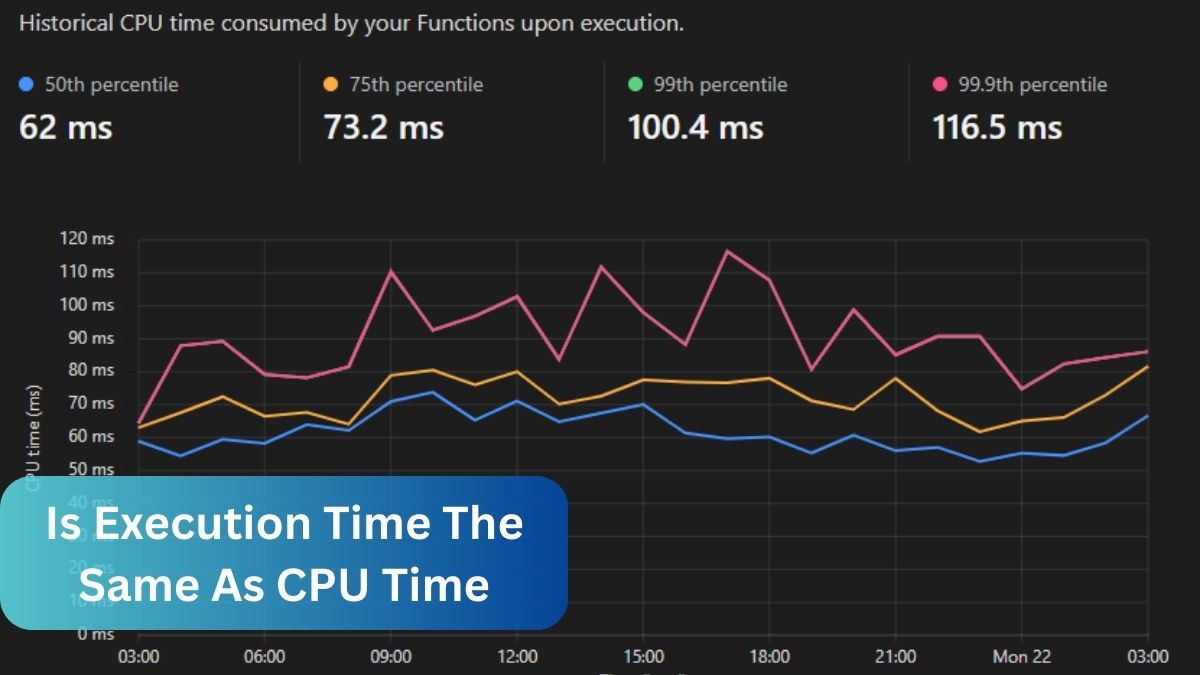
[…] Read Most Important: Is Execution Time The Same As CPU Time – Detailed Overview! […]